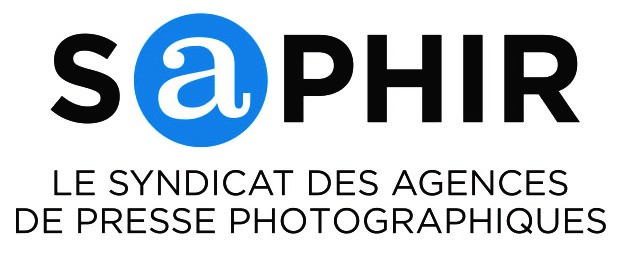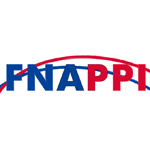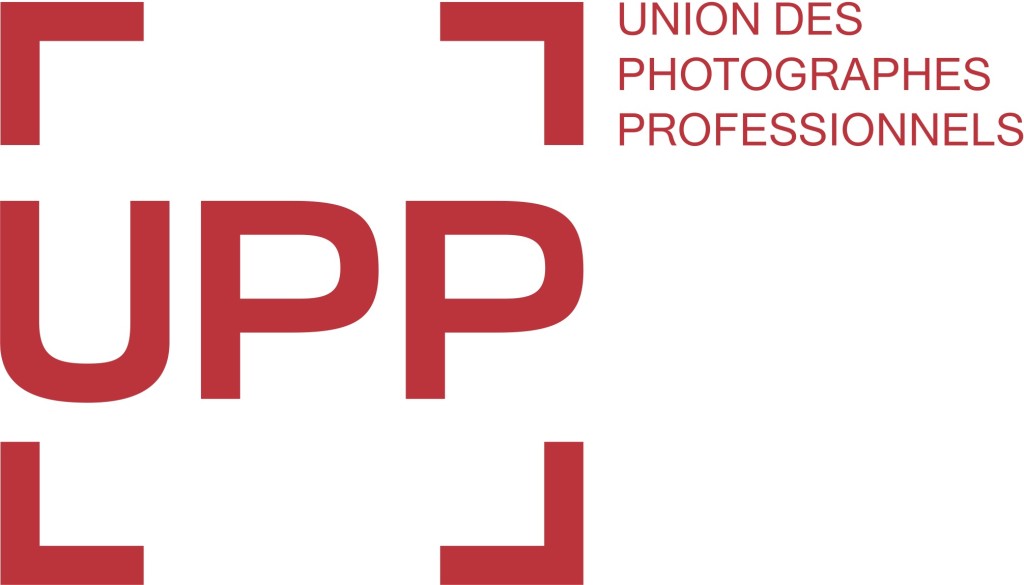CREATIVE SECTORS AND EU REGULATORS MAKE COPYRIGHT WORK ON THE WEB: NEW COPYRIGHT INNOVATION HAILED AS SUCCESS AT FINAL CONFERENCE
9 December, Bruxelles.
Today in Brussels, 9 December, on the day that the European Commission published its long-awaited Communication: “Towards a modern, more European Copyright Framework”, RDI, the part-EU-funded digital copyright project, held a conference to showcase the significant innovation in managing copyright online it has developed over a two-year period. Thanks to the collaboration and support of project partners from the music, publishing, audiovisual, authors and image sectors[1], RDI’s work will revolutionize creators’ ability to express their rights online as well as B2B and B2C users’ ability to find content, use and re-use content.
European Commission Senior Innovation Adviser Robert Madelin said: “The success of this project reaffirms the synergy in Europe between private brainwaves and modest tax-funded support. This has been a two-year journey of innovation to improve legitimate access to online content and help towards the creation of a Digital Single Market, one of the aims being to improve and widen people’s access to cultural content online – thereby nurturing cultural diversity – while opening new opportunities for creators and the content industry.”
The interoperable data model tested in the project will support millions of micro-web transactions, that would otherwise need to be managed manually.
RDI Project Director Andrew Farrow said: “Our approach has been very simple. People create stuff, people want to use that stuff, and we want to make that process as easy as possible. There is no underlying assumption about business models, no obligation to adopt a particular technology, no requirement to adopt a new standard. We just want to show that it is possible to automate some or all of the rights supply chain.”
In terms of its EU context, Commissioners Ansip and Oettinger have said that they have put copyright at heart of their digital agenda plans. RDI relates directly to the overall objectives of the European Digital Agenda and will help identify solutions to the Digital Single Market.
[1] age fotostock Spain SL, Album Archivo Fotografico S.L., Axel Springer SE, Capture Ltd/British Library, Consolidated Independent Ltd, EDISER S.R.L, Elsevier, Getty Images, the International Federation of Reproduction Rights Organisations (IFRRO), International Press Communications Council (IPTC), Pearson PLC, Phonographic Performance Ltd (PPL), PLUS Coalition, Producentforeningen – Danish Producers Association, Consorzio Interuniversitario per il Calcolo Automatico dell’Italia Nord Orientale (CINECA), Rightscom Ltd, mEDRA S.R.L , RightsDirect BV, Center of the Picture Industry (CEPIC), Europe Analytica Ltd (representing European Publishers Council), European Writers Council (EWC).
Richard Hooper CBE, Chairman of The Copyright Hub Foundation, said: “The RDI project has shown big time that the theory works in practice. We need to move out of the laboratory into the real world and get creative companies and tech companies to apply the LCC’s non-proprietary and interoperable framework for real.”
The RDI project will directly benefit:
- Anyone wishing to access and re-use online content easily and legally, whether individuals or businesses
- Anyone wishing to create, upload and build business models around online content, whether individuals or businesses
- Authors and individual professional artists of all types of online content wishing to make their work identifiable in machine-readable language
- Businesses wishing to improve the efficiency of their licensing and rights management departments
- Regulators working to improve licensing and to boost the digital economy
The RDI project partners now call on the creative sectors to integrate a rights’ data vision in their creations and right holdings to sustain and boost Europe’s cultural and creative assets on the web.
The Linked Content Coalition is now a permanent consortium of content sector standards bodies. It is intended as a forum within which interoperable standards work can be carried forward.
It is hoped that a specific initiative to develop and implement a “Digital Rightsholder Statement”, making it simple for anyone to declare their rights in a machine readable form using LCC standards and RDI methods, will begin in 2016.
For further information, contact Andrew Farrow, RDI Project Coordinator, on
Tel: +44 7803 025 767 or Heidi Lambert on Tel: +44 7932 141 291
or visit www.rdi-project.eu where you will find more information about the project as well as presentations from the Brussels conference.
List of participants: RDI Conference 2015 – Participants_08_12_2015
Take Away: RDI leave behind









